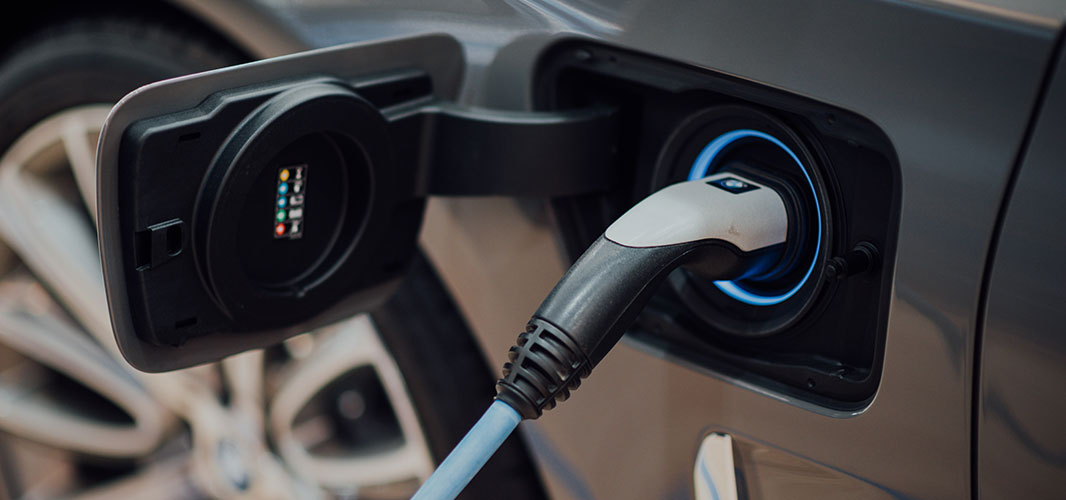Return of the company car…
Post Author:The Strata team
It has been quite a while since the company car was a tax efficient way of remunerating business owners, or employees. In fact, in the decade (or so…) since I qualified as an accountant, I don’t think there has been any benefit – as the personal tax and Company Employer National Insurance liabilities were often more than any Corporation tax saving.
This is changing.
From the 6th April 2020, the company car became very efficient. 0% tax efficient.
‘No tax, where is the catch?’ I hear you ask. Let’s look a bit deeper.
The first point, is that this 0% rate only applied to fully electric vehicles (or hybrid cars with a range greater than 130 miles registered after 6 April 2020) – so you are limited in the vehicles you can take, but this is nowhere near as prohibitive as it used to be as all the major manufacturers are finally embracing the use of electric vehicles. Hybrid rates are also decreasing, which I will detail in a table below as these get quite complicated!!
Secondly, the 0% tax wasn’t forever, it was for 2020/21 only – but this wasn’t a wonga loan where the initial rate suddenly increased and you end up having your house repossessed. The rate increased to 1% in 2021/22 and 2% in 2022/23, so still giving a very palatable tax liability.
So, let’s look at the Benefit in Kind Rates that these produce!
|
Vehicle CO2 emissions |
BIK rate for cars registered before 6 April 2020 |
BIK rate for cars registered after 6 April 2020 |
||||
|
2020-21 |
2021-22 |
2022-23 |
2020-21 |
2021-22 |
2022-23 |
|
|
0g/km |
0% |
1% |
2% |
0% |
1% |
2% |
|
1-50 g/km (electric range >130 miles) |
2% |
2% |
2% |
0% |
1% |
2% |
|
1-50 g/km (electric range 70-129 miles) |
5% |
5% |
5% |
3% |
4% |
5% |
|
1-50 g/km (electric range 40-69 miles) |
8% |
8% |
8% |
6% |
7% |
8% |
|
1-50 g/km (electric range 30-39 miles) |
12% |
12% |
12% |
10% |
11% |
12% |
|
1-50 g/km (electric range <30 miles) |
14% |
14% |
14% |
12% |
13% |
14% |
Now, we won’t go through each of these, let’s put some numbers on these changes, focusing on the Volkswagen Golf range comparing the personal tax payable on the new e-Golf with the existing Petrol version:
|
2021-2022 (at 20/40%) |
2022-2023 (at 20/40%) |
2023-2024 (at 20/40%) |
|
|
e-Golf (P11D list price £31,020) |
£62/£124 |
£124/£248 |
£124/£248 |
|
Golf 8 Petrol 1.5 (P11D list price £23,670) |
£1,230/£2,460 |
£1,230/£2,460 |
£1,230/£2,460 |
As you can see, even in two years’ time you would be paying tax of £248 for a company car (at 10% of the total you would be paying on the petrol version!)
Company benefits
All of the above focus on the personal tax situation, but there are also benefits for the company too.
- These vehicles with CO2 emissions less than 50g/km are eligible for First Year Allowance – meaning that the full cost of purchase can be offset against Corporation Tax. If you purchase a vehicle for £40,000 outright then you will be saving £8,000 in Corporation Tax in the year of purchase. Even if you don’t have the cash available to purchase this outright, any lease payments will be fully deductible for Corporation Tax
- You can claim 50% of the VAT on any leases (NB, you can’t claim any of the VAT on an outright purchase of a car)
- You could offer a company car salary sacrifice to your staff – they could get an electric company vehicle and you could save Employer’s national insurance that you would have been paying on their wages at 13.8%!
For hybrid cars the calculations can get quite complicated, so please do get in touch if you would like some more information on any of these!






